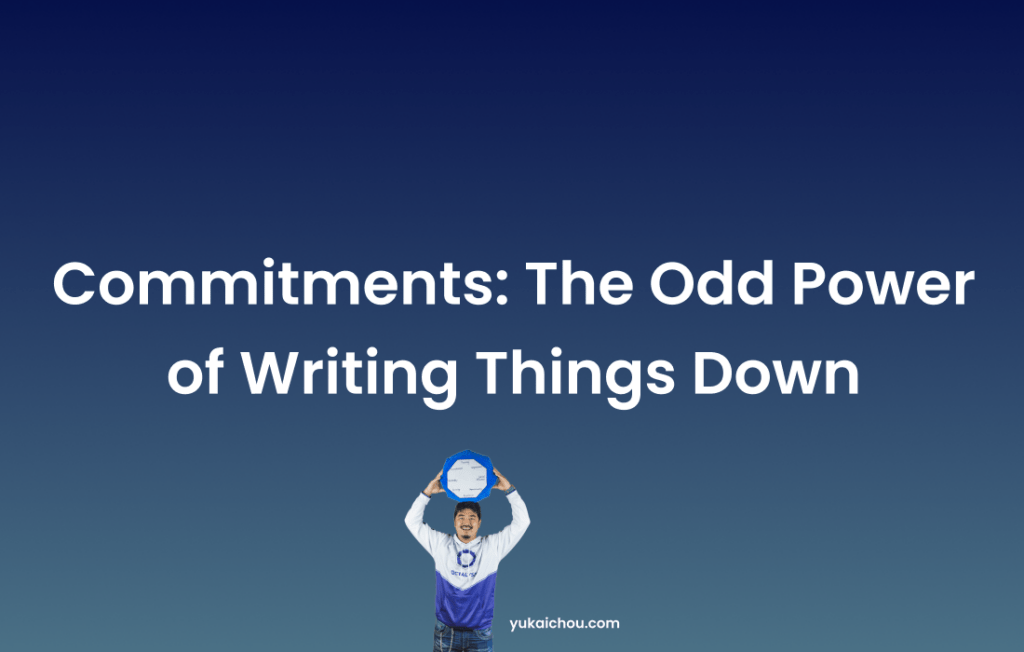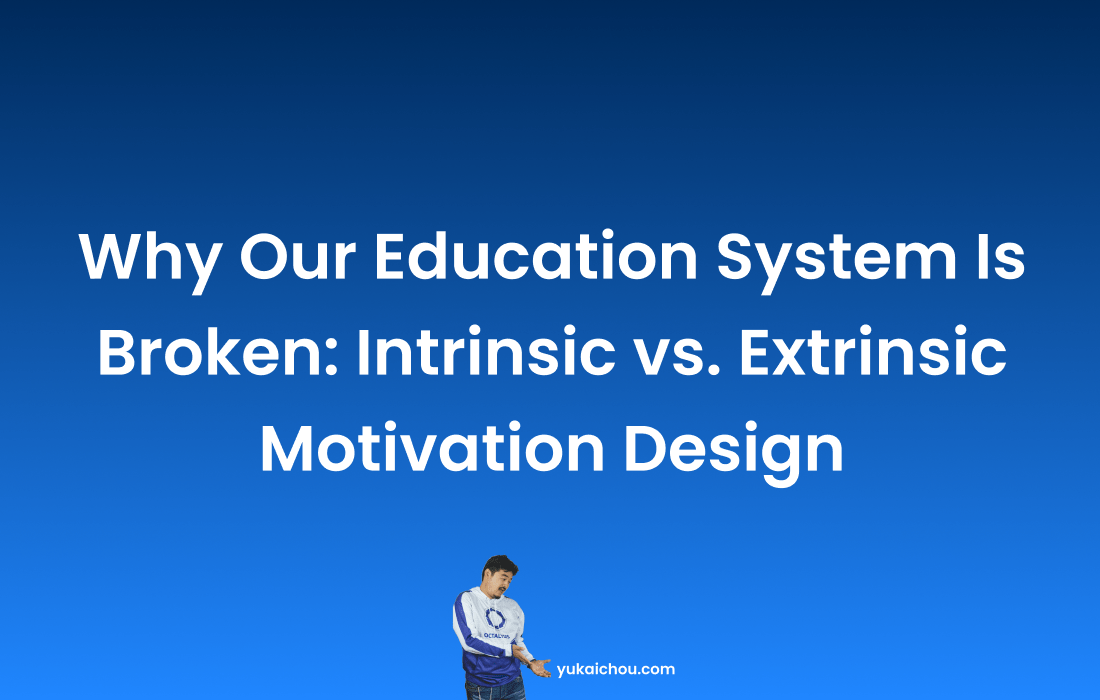(Below is a manuscript snippet of my book, Actionable Gamification: Beyond Points, Badges, and Leaderboards. Please subscribe to the mailing list on the right to order the book when it launches. This post may be moved into a Premium Area after a certain period of time).
Based on Core Drive 4: Ownership & Possession, our need for consistency becomes even stronger when we create a commitment, especially when we write it down. Psychology Researcher Robert Cialdini gives many insightful examples in his book Influence: Science and Practice.
Commitment: a contract with yourself
Social Psychologists Morton Deutsch and Harold Gerard once did an experiment where they asked groups of students to estimate the length of lines that were shown.
One group of students only had to think in their heads an estimate, while another group had to write it down on a Magic Writing Pad but would erase it before anyone could see it; a third group would not only write down their estimates, but would publicly announce their figures.
Afterwards, the researchers gave new misleading information that suggested the students’ initial estimates were incorrect, and gave them a chance to change their answers. Interestingly, the students who just made mental notes of their initial judgement were the least loyal to the judgements and changed their answers quickly based on the new information.
The students who wrote it down without anyone seeing were far more reluctant to change their answers when new contradictory information came along. And of course, with a little bit help of Core Drive 5: Social Influence & Relatedness that we will cover in the next chapter, the group that publicly shared their estimates were the most stubborn in changing their answers, insisting that they were correct the first time along.
Using Commitments to Drive more Business
This level of consistency to commitments is why car salespeople often try to pin you down by saying, “I can’t promise anything until a dreadful plea with my manager, but if I could get you this price, you will buy the car today correct?” Once you commit to that and he sure enough comes back with the price, you would feel a great need to stay consistent with what you said earlier, despite having full right to say “no.”
Similarly, a restaurant owner shared that after he switched from “Please call if you have to cancel” to “Will you please call if you have to cancel?” during reservation calls, the no-show rate dropped from 30 percent to 10 percent. This is because when people answer “yes” to the question (and most people would feel like a jackal if they said “no” to such a reasonable request), they emotionally feel more committed to take more responsibility for their reservations.
Often times, asking users to fill out their own forms increases commitment towards a behavior. When door-to-door salespeople started to ask their new customers to fill out the sales form instead of doing it for them, less people took advantage of the “cooling-off” laws where they could regret and return the product after being persuaded by Black Hat motivation techniques. Based on that, hospitals would also likely decrease cancel rates if they asked their patients to fill out the next-appointment sheets instead of doing it for them.
This is also why companies like Procter & Gamble and General Foods often run contests where people write “25-, 50-, or 100-words or less” testimonials for them, starting with, “I like the product because…”. As people describe enthusiastically how amazing these products are, they start to own up to their statements and start to see the products more favorably. Of course, they also start to see themselves as, “People who like the company product prizes so much that they are willing to participate in a testimonial contest.”
Consistency, Commitments, and Identity can be subtle forces in Core Drive 4: Ownership & Possession
This type of ownership over your identity, past decisions, and commitments can be one of the most subtle elements of motivation within Core Drive 4: Ownership & Possession. After all, you already know that you are heavily motivated by making more money, collecting stamps, or protecting your expensive assets; but you likely recognize that your decisions were simply based on what your name is and what you ate last week.









